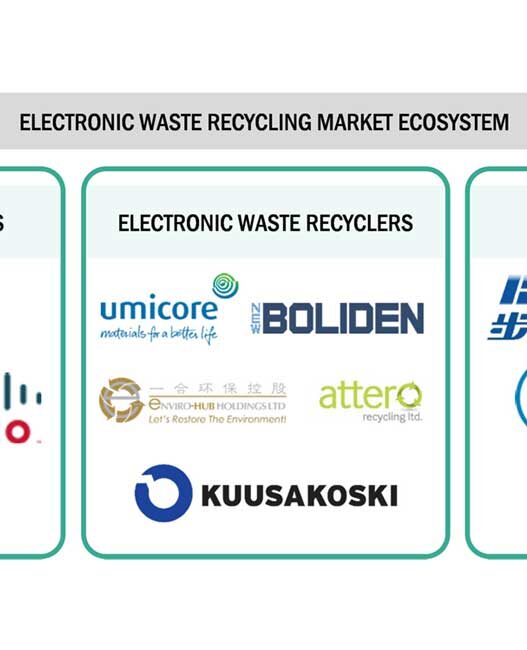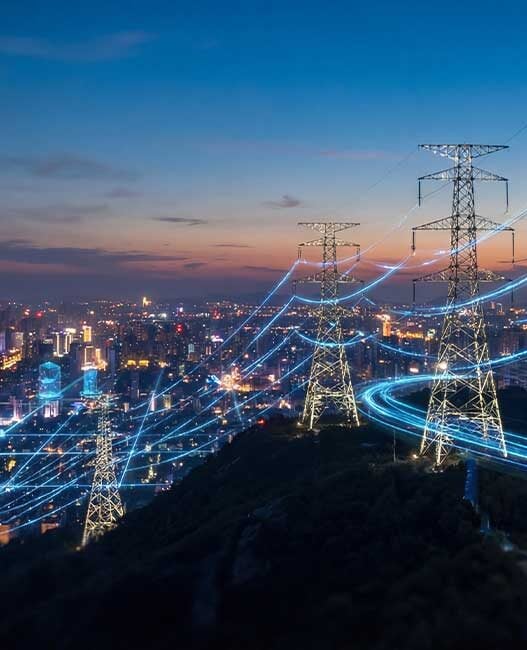In recent years, a paradigm shift has occurred in the corporate landscape as governments, organisations, and consumers increasingly focus on environmental, social, and governance (ESG) factors. This shift signals a departure from the traditional approach of pursuing economic profits alone, highlighting a new era where sustainability and social impact are integral components of corporate responsibility. This article explores the evolving landscape of global supply chains as they respond proactively to the rise of ESG concerns.
What is ESG and why is it important?
ESG, which stands for Environmental, Social, and Governance, refers to a set of criteria used by investors and stakeholders to evaluate a company’s sustainability and ethical impact.
Environmental factors assess a company’s impact on the environment, such as its carbon footprint, energy efficiency, and waste management practices. Social factors evaluate how a company interacts with its employees, suppliers, customers, and the communities in which it operates, including labor practices, diversity and inclusion initiatives, and community engagement efforts. Governance factors focus on the company’s leadership, management structures, and corporate governance practices, including board diversity, executive compensation, and transparency.
According to a report by McKinsey & Co., companies with strong ESG performance have a lower cost of capital, higher valuation multiples, and outperform their peers in terms of financial returns.
ESG considerations are increasingly becoming integral to investment decisions and corporate strategies, reflecting a growing recognition of the importance of sustainability and ethical responsibility in today’s business landscape.
Governments spearheading ESG agenda
Governments around the world are playing a pivotal role in propelling the ESG agenda forward. With an increasing number of countries adopting stringent regulations and policy measures, companies are now required to adhere to elevated environmental standards in their supply chains, prioritise employee wellbeing, and maintain robust corporate governance. This regulatory landscape has compelled companies to reevaluate their supply chain practices, fostering the adoption of more sustainable and responsible approaches.
Organisations as ESG advocates
In addition to government regulations, organisations themselves are taking a proactive stance on ESG practices. Beyond meeting regulatory requirements, companies are recognising the growing importance of ESG performance in the eyes of investors and shareholders. ESG transparency is no longer just a component of corporate competition; it significantly influences a company’s financing and investment viability.
Many companies are developing and implementing comprehensive ESG strategies to ensure that their supply chains align with the highest sustainability standards in all dimensions. According to another report by the Global Sustainable Investment Alliance, global sustainable investment assets reached $35.3 trillion by 2020, a 15% increase from 2018. This surge in ESG awareness and investment reflects a broader paradigm shift towards a more sustainable and socially conscious business landscape.
Consumer-driven transformations
Consumer perceptions are acting as a catalyst for transformative changes in supply chains. A rising number of consumers are now making purchasing decisions based on a company’s commitment to corporate social responsibility and environmental protection. Companies are responding by emphasising initiatives such as traceability, carbon footprint reduction, and fair labor standards to meet evolving consumer expectations. This shift in consumer behaviour has had a positive impact on the global supply chain, steering the industry toward a more sustainable trajectory.
The role of companies in shaping sustainable supply chains
In the midst of these transformative changes, all members of the global supply chain must adapt to growing ESG issues. For example, manufacturer STMicroelectronics has introduced the STM32U5 family of ultra-low-power MCUs, while DigiKey is prioritising the welfare of its employees, communities, and customers in the changing landscape of COVID-19. In addition, element14 has launched a new global campaign to save the bees. For every order placed globally, element14 has pledged to save a bee through a donation and plans to adopt three million bees globally over the next 12 months. WIN SOURCE contributes to the sustainability of the electronics industry by specialising in lifecycle and used component management. Furthermore, WIN SOURCE fulfills its social responsibility by sponsoring the Open Hardware Summit 2024 and providing tangible and financial assistance to the SAE Formula team. If all members of the supply chain respond to ESG challenges with sustainable business concepts, a greener, more harmonious future will be realised sooner.
Summary
The rise of ESG concepts is steering the global supply chain toward a more sustainable and responsible future. Governments, organisations, and consumers are collectively driving this shift, pushing companies to integrate ESG into their strategic planning. Companies that successfully embrace ESG principles in their supply chains are not only contributing to environmental and social wellbeing but are also building trust with stakeholders, enhancing their brand reputations, and attracting top talent.
As ESG continues to gain prominence in the business landscape, supply chains are evolving into crucial hubs for responsible and sustainable practices. This transformation is not only reshaping the way companies operate but is also influencing consumer choices, investor decisions, and the overall trajectory of the business world. In this era of heightened ESG awareness, companies that proactively respond to these concerns are not only future-proofing their operations but are also contributing to a more sustainable and ethical global economy.













